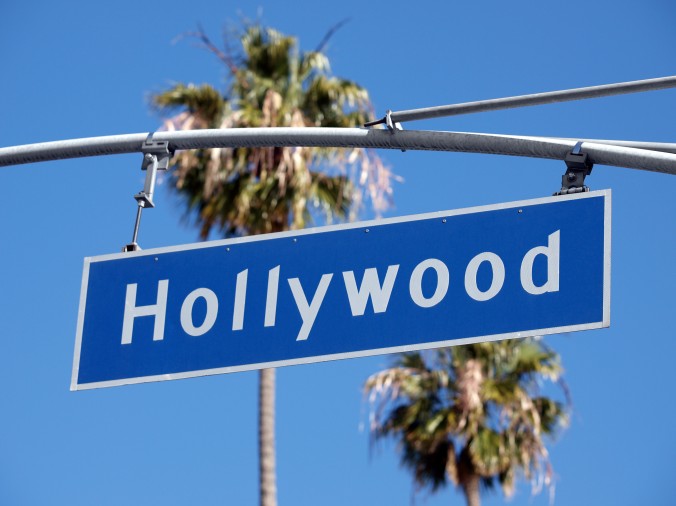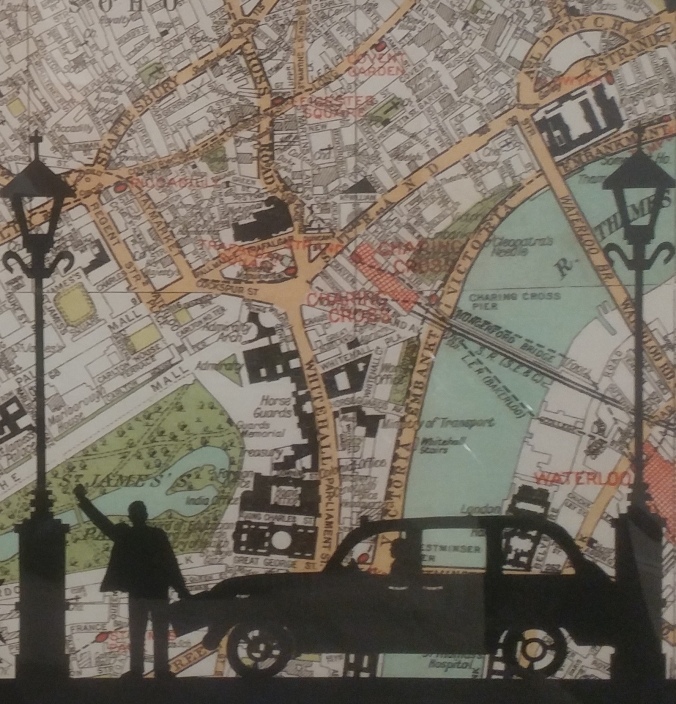Elections are always i mportant but for this British election, it’s personal. On this occasion the outcome will decide whether the UK can continue to be my home.
mportant but for this British election, it’s personal. On this occasion the outcome will decide whether the UK can continue to be my home.
For me as a liberal minded British Jew, this election is about the future for myself, my family and the Jewish community here as a whole. I know that if Jeremy Corbyn – or one of his allies – becomes Prime Minister then our future in the UK is untenable. I never thought I would revert to the mindset of my forebears who would talk about the necessity of keeping a bag packed – just in case. But that is where I – a formerly Labour- voting, third generation British-born Jew – find myself, as I contemplate the possibility of an institutionally anti-Semitic party leading the Government.
The events of the past year and more, with the litany of anti-Semitic insults and incidents emanating from the Labour Party have been shocking. But what has added salt to the wounds is the way in which many Labour MP’s and their supporters are willing to throw the Jewish community under the bus in pursuit of power under the leadership of Jeremy Corbyn.
For me there is an irony in all this. I always saw the threat to the Jewish community as coming from the right (and on its extremities it still presents a very real danger). But the left was a part of my identity. I felt that belonging to the Labour Party meant being antiracist. I could never stand with a party that was compromised by institutional racism – against any group in society. I supported the Labour Party across decades as it strove to build a more equitable, just and outward-looking society.
Not very long ago I considered Labour supporters as my fellow ideological travelers; we shared the same political DNA. This no longer holds true. Those people who now cheer the Labour Party have betrayed me in exchange for a chance at power with bigots in charge. When it is your group that is being vilified and hung out to dry, the legitimacy of that party to rule no longer exists. Now every time I see a Labour poster I feel like I have been slapped across the face.
My local Labour MP, (Catherine West, Horney & Wood Green) has talked the talk on anti-Semitism, decrying anti-Jewish racism when it hasn’t cost her any political capital. But she has not expended anything in taking a real stand on behalf of the Jewish community and has run to defend Jeremy Corbyn’s position time and again. I see her out campaigning for a Party that if it becomes the government will have me and my community in its crosshairs.
We have seen how Corbyn and his allies in opposition treat us with contempt, and we know that it will only get worse if he wins power. We have watched how the Labour leader initially applauded and then pretended not to see anti-Semitic caricatures painted on walls that stare him in the face, and we have heard him declare that we ‘English Zionists’ fail to understand ‘English irony’.
We have watched how he and his cronies have turned their backs on Jewish MP’s and others who have faced mountains of abuse for pointing out the fact of anti-Semitism, and we have witnessed how they have vilified and bullied those within the Party who’ve sought to highlight anti-Jewish hatred.
The campaign to malign the Jewish community and anyone who complains about anti-Semitism is an almost daily feature of the Labour Party on the campaign trail. John McDonnell, Corbyn’s right-hand man has described a former Labour MP who left the party because of his rage at anti-Semitism as a Conservative stooge. In the past couple of days news has come to light of yet another Labour candidate having made an anti-Semitic slur by calling a Jewish council member ‘Shylock’. This is the true ugly face of Corbyn and Co’s politics, as the Labour Party has become a comfortable home for anti-Jewish bigotry.
To those who I used to consider my political bedfellows I have one message – you cannot do a deal with racism. If you stand with the Labour Party, you are standing with a party that is fueling anti-Semitism. And if you tolerate anti-Semitism it is only the start in a long line of hatred that will consume this country.
As a liberal-minded Jew I find myself caught between the extremism of both the Labour and Conservative Parties in their current incarnation. Neither represent me or my values. I recently joined the Liberal Democrats as I see in them the only expression of true anti-racism and pro-Europeanism. But I am very nervous about what will happen once the votes have been counted on December 12th. Who will be in charge? Will my new party stick to its promise not to put Jeremy Corbyn (and indeed any of his allies) in power? The future feels fragile and uncertain.
I was born lucky, to parents and grandparents who contributed to this society through hard work and service. I was the beneficiary of their professional success, and of the greater openness of British society. I now wonder if that sense of belonging I inherited is illusory.
The coming election is crucial in answering these concerns about my future in the UK. The result will decide whether I need to get that packed bag out of the closet and prepare to use it.
 Podcasts have gone mainstream – that is the inescapable conclusion as audiences for online audio grow exponentially.
Podcasts have gone mainstream – that is the inescapable conclusion as audiences for online audio grow exponentially. For the past couple of weeks I have been stuck in La La Land – the movie not the state of mind. I’ve already seen it twice, have the soundtrack blasting out from speakers at home, and keep replaying the scenes and tunes on a never ending loop in my head.
For the past couple of weeks I have been stuck in La La Land – the movie not the state of mind. I’ve already seen it twice, have the soundtrack blasting out from speakers at home, and keep replaying the scenes and tunes on a never ending loop in my head. A new year and a new phase of life has opened up for the Miron household. Nine and a half years after we left London one overcast August day we’re now planning to return in summer 2017.
A new year and a new phase of life has opened up for the Miron household. Nine and a half years after we left London one overcast August day we’re now planning to return in summer 2017. ‘A unique partnership to reduce poverty and support development’ – that is the briefest of descriptions of the World Bank’s mission.
‘A unique partnership to reduce poverty and support development’ – that is the briefest of descriptions of the World Bank’s mission. Malcom Winfell was an everyday hero. The 44 year old father of two was a guy who tried to do the right thing in the wrong place and ended up paying for his actions with his life.
Malcom Winfell was an everyday hero. The 44 year old father of two was a guy who tried to do the right thing in the wrong place and ended up paying for his actions with his life.







 Fool’s gold or a golden age? These are the two divergent views on podcasts that are being voiced as on-line audio garners more and more attention.
Fool’s gold or a golden age? These are the two divergent views on podcasts that are being voiced as on-line audio garners more and more attention.